Musings, Reflections, Creations from Maestro Ron Carter
Turn that treble down. This is all about his bass, Miles… and good Science.
His lifetime accomplishments were enshrined in the Guinness World Records on January 7, 2016. As declared by writer Rachel Swatman, “With an incredible total of 2,221 individual recording credits as of 15 September 2015, legendary American musician Ronald Levin Carter aka Ron Carter (USA, b.1937) has certainly earned his…title as the Most recorded jazz bassist in history.”
When asked by the JazzGram about his very first and most recent recording sessions, Maestro Carter responded: “First recording session ever was in 1958 when I played on The Music of Howard Hanson, who was the music director while I was at Rochester (in the Philharmonic.) Last one in the studio was with (Brazilian-American guitarist/vocalist) Nanny Assis on the record Rovanio. We recorded my composition ‘Mr. Bow Tie.’ ”
Beyond his five-year tenure in Miles Davis’ second pioneering quintet, Maestro Carter has recorded more than forty albums as a leader/co-leader and contributed his ideas and sound to recordings by Airto Moreira, Marvin Stamm, Geri Allen, and hundreds more. He has also been a professor at the Juilliard School and the City College of New York, among other institutions, written numerous books about playing bass, and composed an autobiography, Finding the Right Notes, which PBS converted into a documentary in 2022.
On August 31, Maestro Carter and his ensemble, Foursight – tenor saxophonist Jimmy Greene, pianist Donald Vega, and drummer Payton Crossley – will highlight night one of the upcoming Chicago Jazz Festival. The gents will begin expressing themselves on the Millennium Park Stage at 8 p.m.
Maestro Carter recently responded to thought prompters presented by the JazzGram about his yesterdays and the now. The discussion is presented here in full:
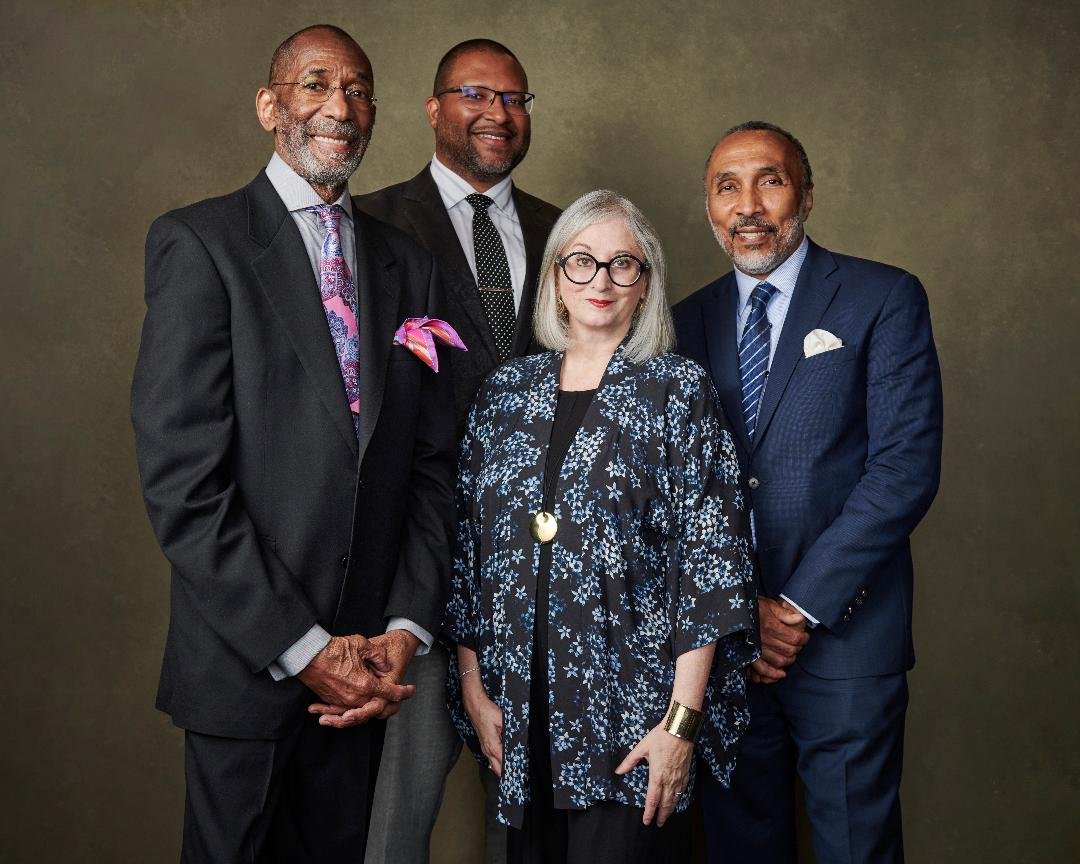
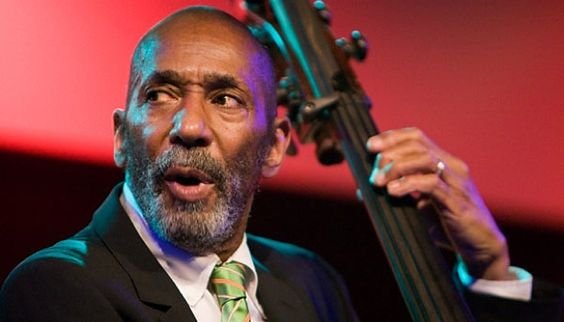
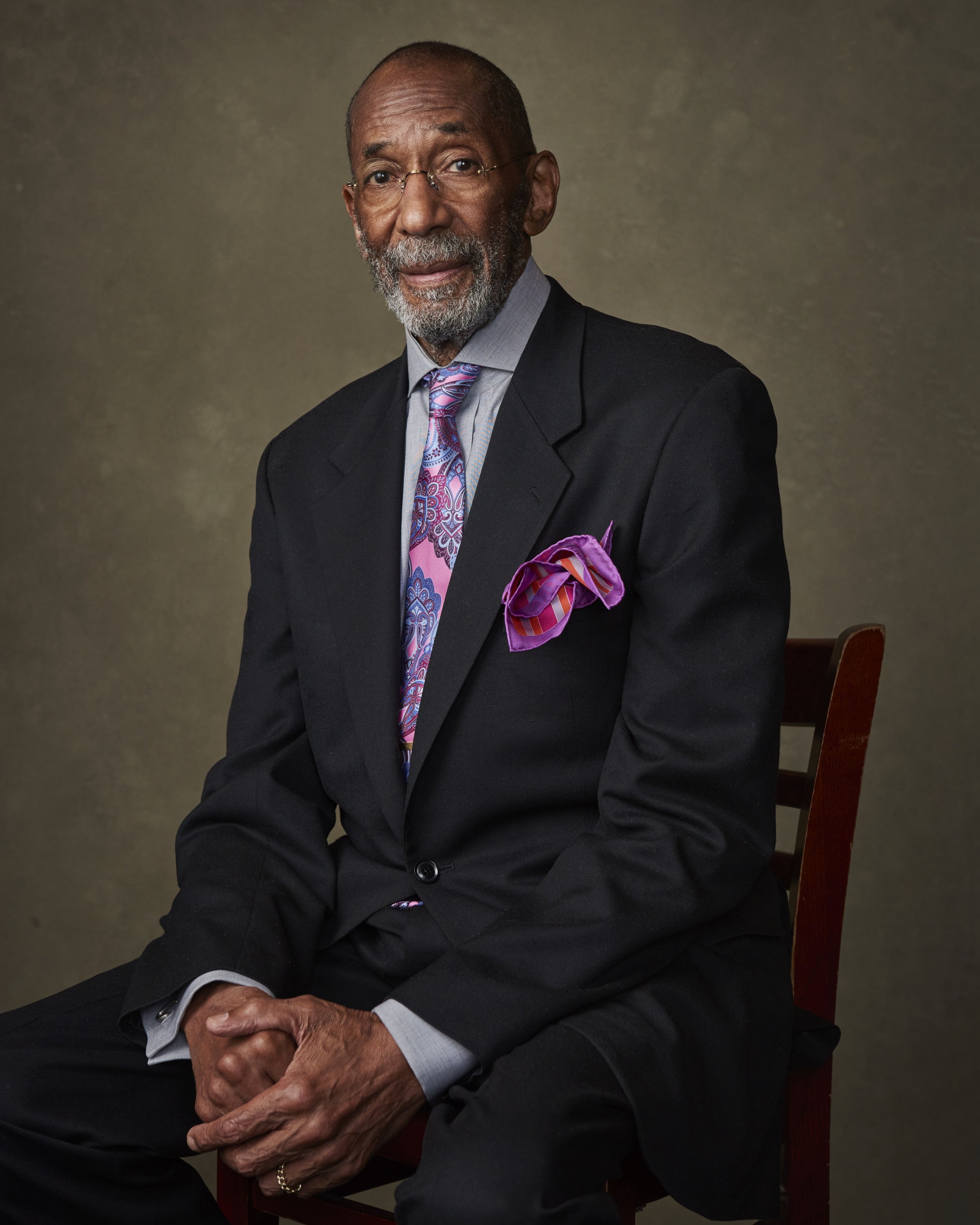
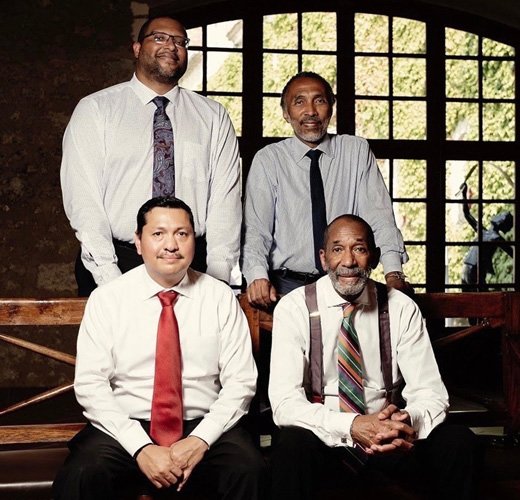
JazzGram: First, Maestro Carter, in Finding the Right Notes -- the documentary about your life directed by Emmy-award winner Peter Schnall, featuring testimonies about you from Herbie Hancock, Russell Malone, Jon Batiste, and many others -- you describe yourself as “…a scientist by heart (and a) bass player by default.” What data, predictions, and conclusions might you and your “students,” the Foursight Quartet, reach in the classroom known as the Millennium Park stage on Thursday, August 31?
Maestro Carter: I won’t know until class is in session on the 31st!
The drummer is Payton Crossley, who has been the drummer for my quartet, octet and big band 15 years or more. Donald Vega will be on piano. He has long played with my quartet, trio, and big band and James Greene is the newest member (having joined) 3 years (ago). I trust them with my life and with my car!
JazzGram: How would you describe the dialogue you have with each ensemble member, and how do you dialogue with everyone in unison?
Maestro Carter: I expect that I will have their undivided attention as they can be assured that they have mine.
JazzGram: Also, with this ensemble’s current book, what song moves you the most emotionally? What is it about this song that causes you to be so moved?
Maestro Carter: The whole program. It’s a story, and each paragraph (song) is important to the one before and after it. It’s not a random collection of disconnected parts about which I have different reactions.
JazzGram: After having played in intimate clubs and esteemed concert halls worldwide, how will you approach playing in front of thousands of people in an open-air venue?
Maestro Carter: This is not a new experience for me but does not happen very often. There are so many variables. I cannot know what adjustments will be needed until I show up for sound check. If the backline crew is efficient and effective it can feel like a concert in my LR. If the stage floor is metal or wood, that makes a big difference. The weather makes a difference. The bass I am borrowing makes a difference. Way too many variables to name them all, but when I arrive I know I will get the best sound the venue allows.
JazzGram: Will the song selection be augmented to emphasize one style over another to adjust?
Maestro Carter: No, not at all.
JazzGram: Also, will the positioning of micing/amplification of your bass be any different from your usual set-up in a studio or club?
Maestro Carter: See answer above.
JazzGram: In previous conversations aired on the internet, you have talked about your continuing quest to find the right notes. Could you describe for us the physical and emotional reactions you experience – on stage and in studio – when you know you have hit that right note? Also – for the sake of balance – what reaction do you have if you may have played a note that is…well, almost…but not quite there…or right?
Maestro Carter: When the lights go out I know I got the right one. If the band screeches to a halt I know I did NOT get it right.
JazzGram: When you solo, what are your feelings, thoughts, and intentions when you begin, reach an emotional climax, and resolve your statement?
Maestro Carter: Have I organized my thoughts well enough for the audience to have gotten the message. It really just comes down to it’s just me and bass.
JazzGram: Let’s return to the lab of ideas shared here so far and talk about the original scientist: Miles Davis. What methods from Miles do you still implement today as a leader?
Maestro Carter: I go to work as if this is my last chance to play some great music with great musicians by my side.
JazzGram: What are your most memorable moments about playing in Chicago? What do you recall about the first time you visited and/or played in Chicago?
Maestro Carter: The Plugged Nickel is the first time I played in Chicago. I didn’t even know they were recording it all! (Note: The album being mentioned here is Miles’ The Complete Live at the Plugged Nickel 1965. It was recorded December 22nd and 23rd.)
JazzGram: Maestro Carter, after building such an uber-distinguished career – acknowledged worldwide and in the Guinness World Records -- what would you like to attempt for the first time? Is there anyone that you would like to play with but have not yet had the chance?
Maestro Carter: Sadly, they are no longer with us. I had plans to record with Louis Armstrong, but he passed before it could happen. Ahmad Jamal recently passed, and I would have loved to have played with Ella Fitzgerald.
